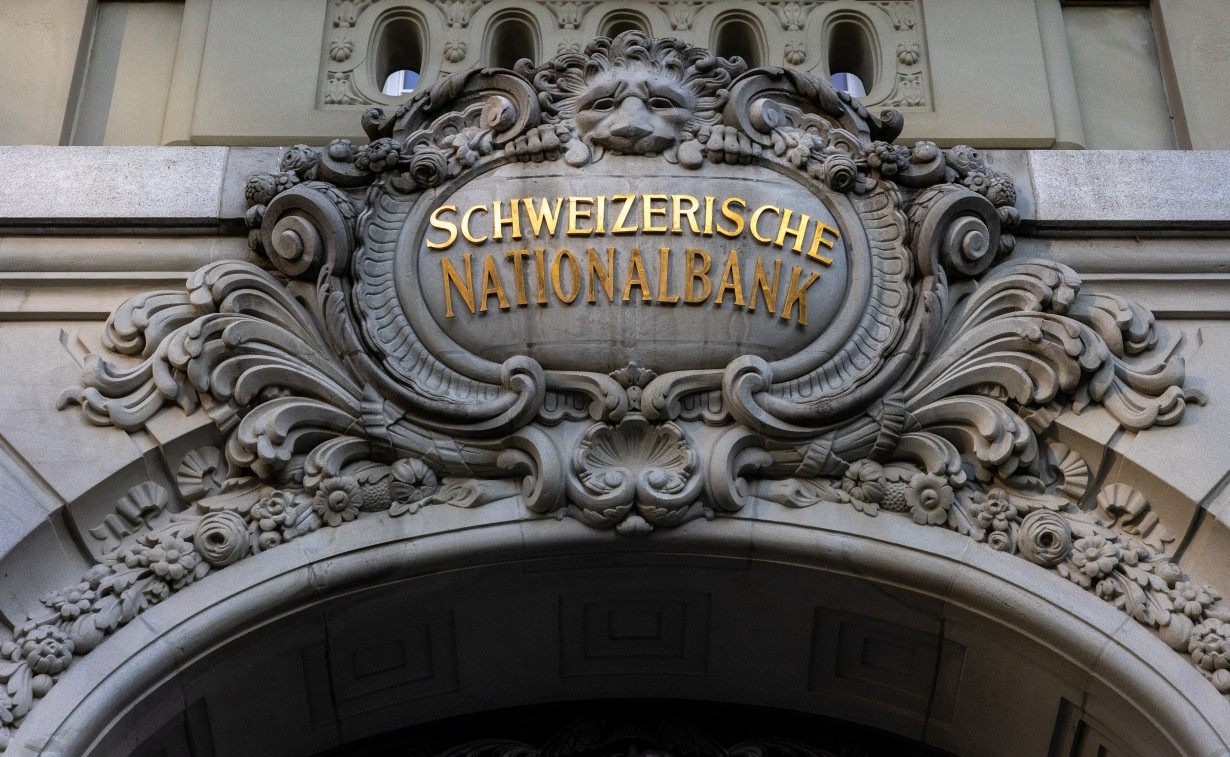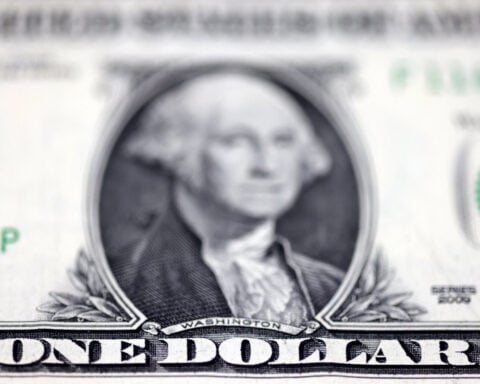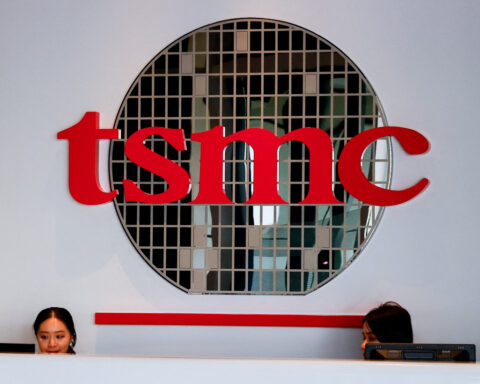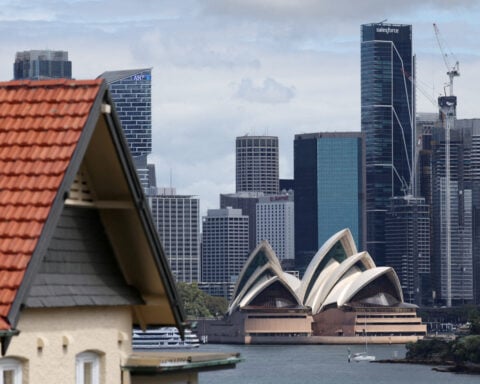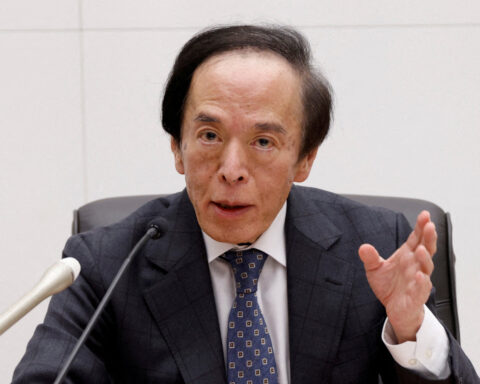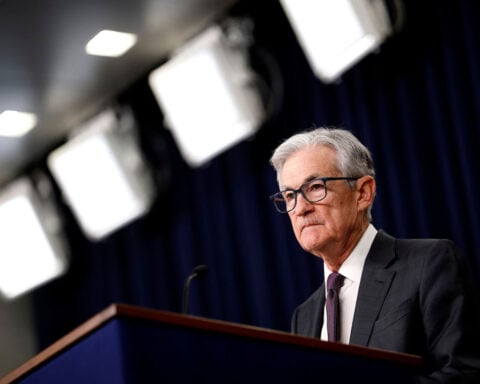ZURICH (Reuters) - The generational change at the top of the Swiss National Bank does not alter its commitment to low inflation, governing board member Petra Tschudin said in an interview published on Friday.
Thomas Jordan stood down last September after 12 years as chairman and was replaced by Martin Schlegel.
Tschudin and Antoine Martin both joined the three-member board, which sets interest rates, last year.
"The tasks, instruments and processes remain the same," Tschudin told Swiss newspaper Neue Zuercher Zeitung.
Maintaining price stability, which the SNB defines as annual inflation between 0 and 2%, remained the central bank's most important task, said Tschudin.
The SNB had a "toolbox" of instruments it would use to achieve its goal, including foreign currency purchases or sales, she added.
Markets expect the SNB to press ahead with interest rate cuts from the current 0.5% level at its meeting on March 18 after Swiss inflation fell to 0.4% in January, its lowest level since April 2021.
In the interview, which took place before the latest data was published on Thursday, Tschudin said outside 0-2% for a short time was not a problem.
"The important thing is that inflation is where we want it to be in the medium term," she said.
Tschudin said negative interest rates - a policy the SNB deployed from December 2014 to September 2022 - were also an important policy instrument.
SNB chairman Schlegel last month said he would consider reintroducing negative rates, although this was a path he would prefer to avoid.
"For us as a small, open economy, the negative interest rate instrument is important," Tschudin told the newspaper.
"It allows us to manage the interest rate differential even in a low interest rate environment."
Negative rates could curb an excessive appreciation in the Swiss franc, which would push inflation lower by making imports cheaper and also hurt exporters by making their products dearer abroad.
(Reporting by John Revill; Editing by Andrew Cawthorne)

 Trump has begun another trade war. Here's a timeline of how we got here
Trump has begun another trade war. Here's a timeline of how we got here
 Canada's leader laments lost friendship with US in town that sheltered stranded Americans after 9/11
Canada's leader laments lost friendship with US in town that sheltered stranded Americans after 9/11
 Chinese EV giant BYD's fourth-quarter profit leaps 73%
Chinese EV giant BYD's fourth-quarter profit leaps 73%
 You're an American in another land? Prepare to talk about the why and how of Trump 2.0
You're an American in another land? Prepare to talk about the why and how of Trump 2.0
 Chalk talk: Star power, top teams and No. 5 seeds headline the women's March Madness Sweet 16
Chalk talk: Star power, top teams and No. 5 seeds headline the women's March Madness Sweet 16
 Purdue returns to Sweet 16 with 76-62 win over McNeese in March Madness
Purdue returns to Sweet 16 with 76-62 win over McNeese in March Madness
